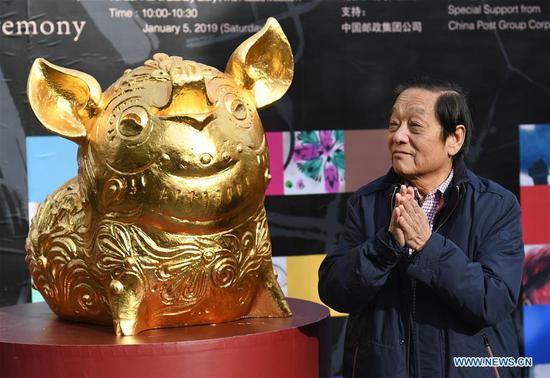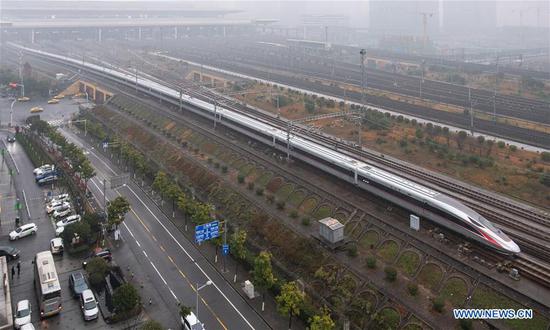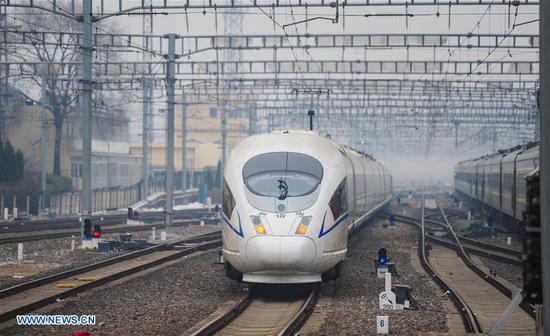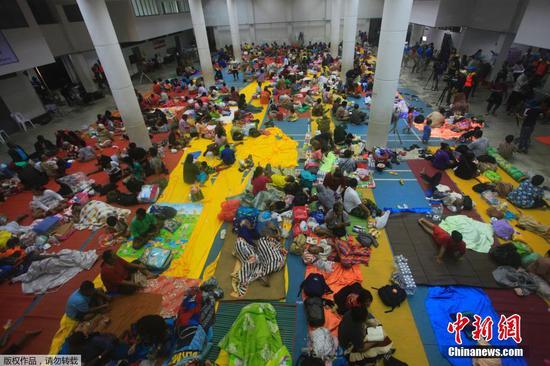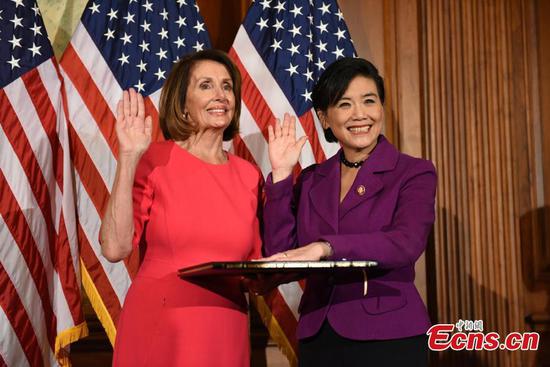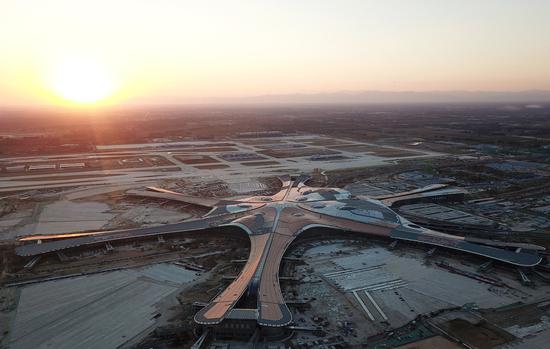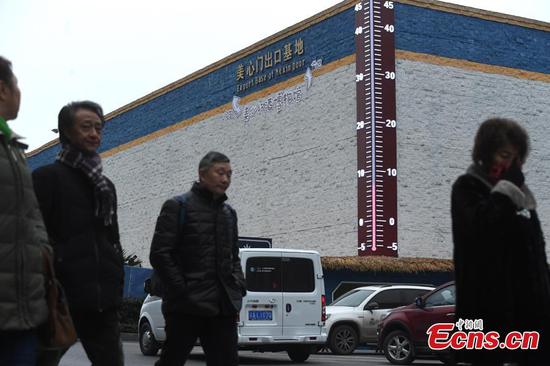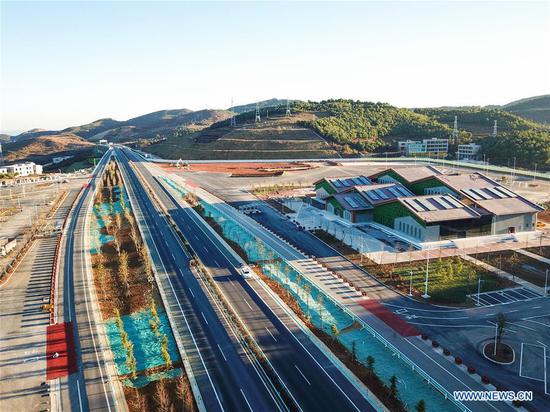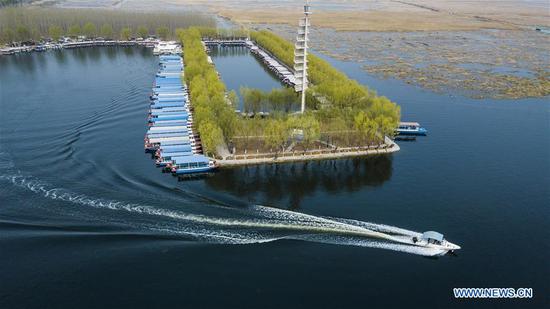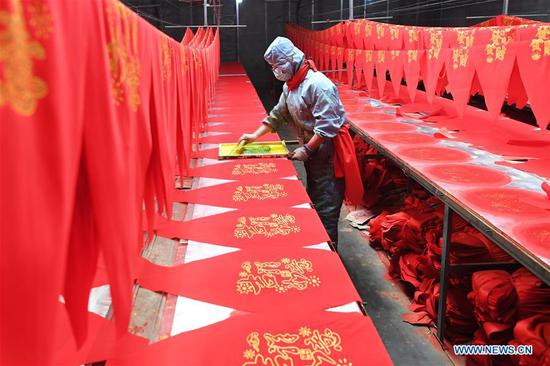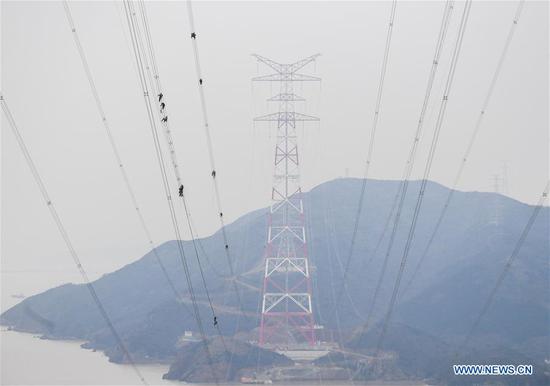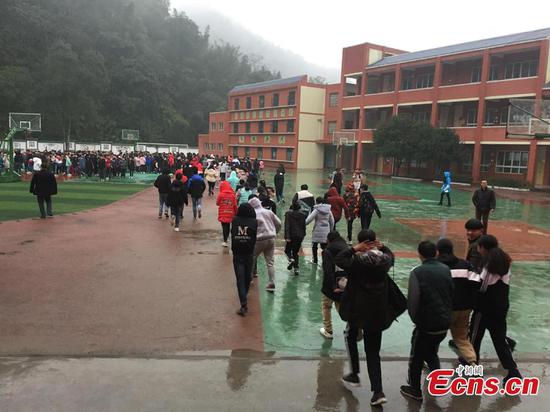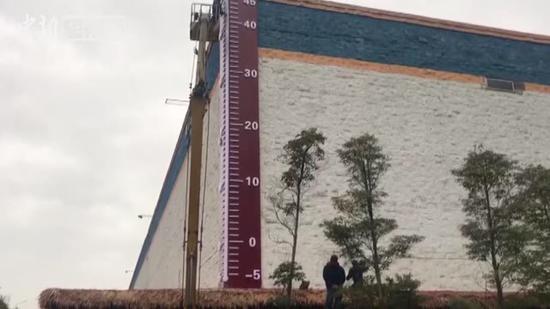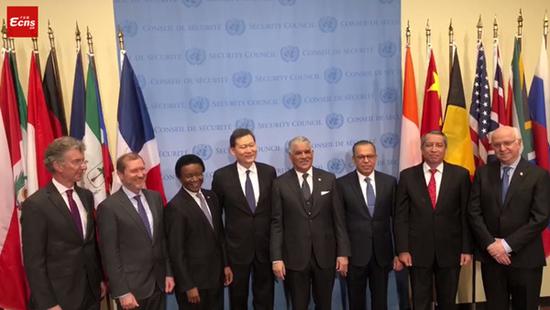
Kishore Mahbubani. (Photo by Wang Zhuangfei/China Daily)
Former Singaporean diplomat Kishore Mahbubani, author of Has The West Lost It?, agrees the initiative could be a game changer this year.
"It is deploying significant material and human resources to help other countries build and develop their infrastructures. New roads and bridges, railways and electricity grids will emerge," he said.
This year is also likely to pave the way for a number of technological advances. China is expected to roll out 5G, the next generation of wireless technology, next year, which could have major implications for advanced manufacturing and the internet of things. The country is expected to be the biggest market for 5G by 2025, according to the GSM Association, the mobile communication operators' trade body.
Zeng, from the Central University of Finance and Economics, said,"5G will inject growth momentum in a wide range of fields, including the production and sales of new smartphones, development of new software, as well as new business and consumption models."
Tse, also author of China's Disruptors, said that in addition to 5G, the country could be about to experience a new era of technological innovation.
"China has a lot of advantages, from its entrepreneurship, government support for innovation and the availability of capital. We are going to see a lot of new players that will emerge and take on the established companies," he said.
Whatever the various outcomes, 2019 will be an important year for China as it marks the 70th anniversary of the founding of the PRC in October.
Mahbubani, also professor in the practice of public policy at the National University of Singapore, said it will be a year for China to reflect on its past and future direction.









